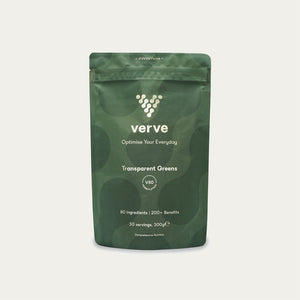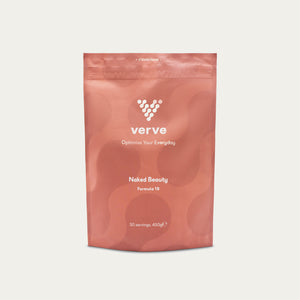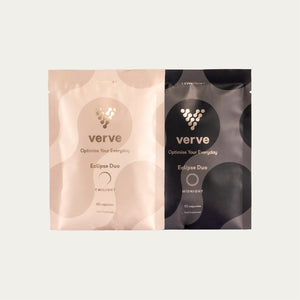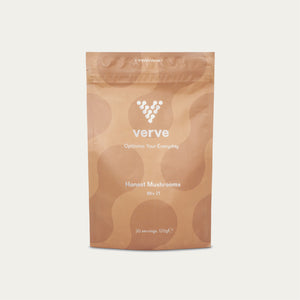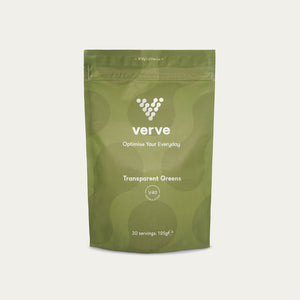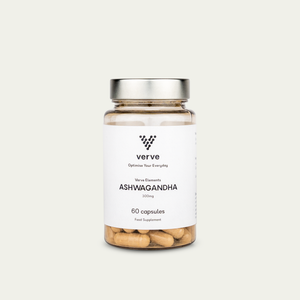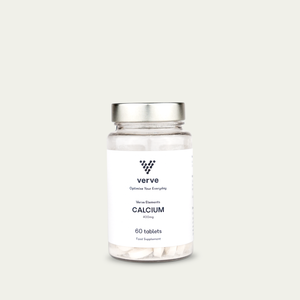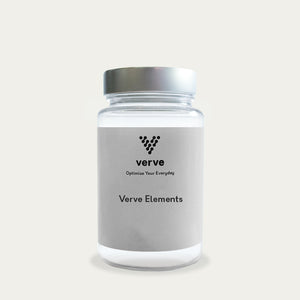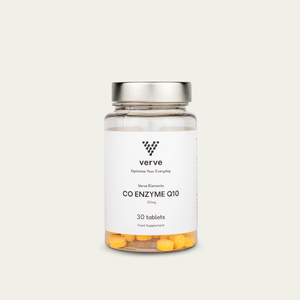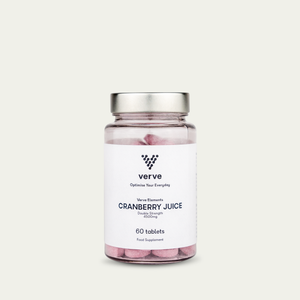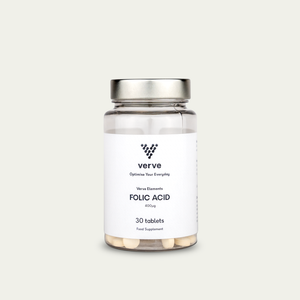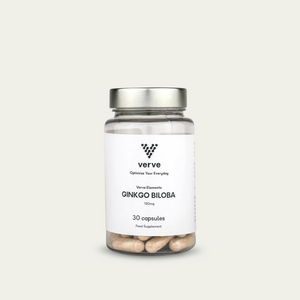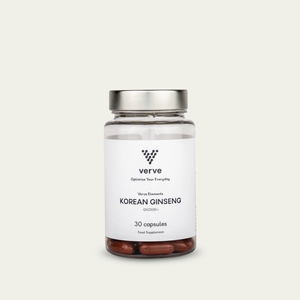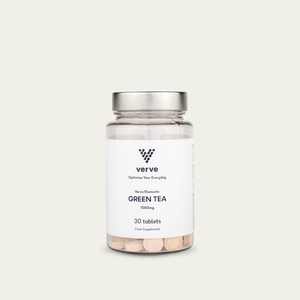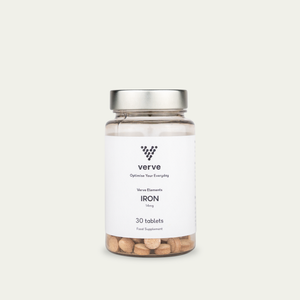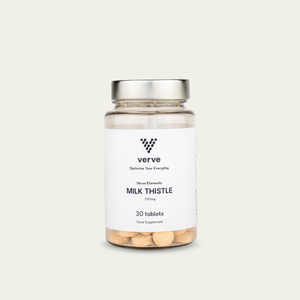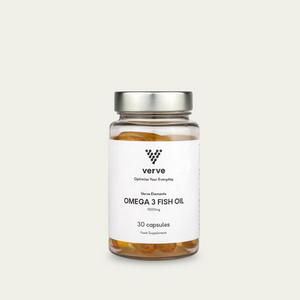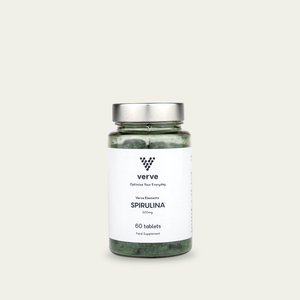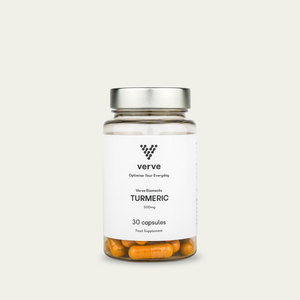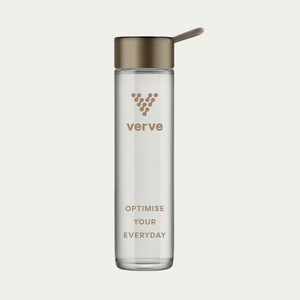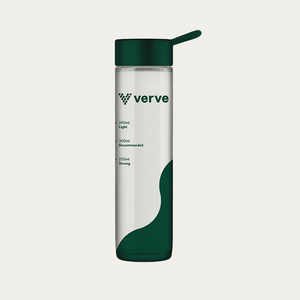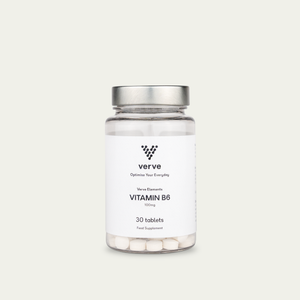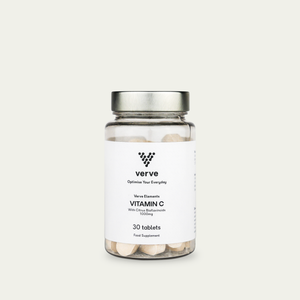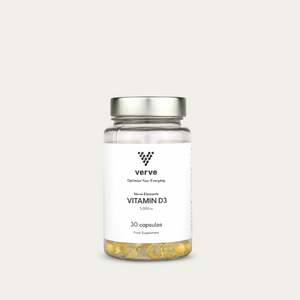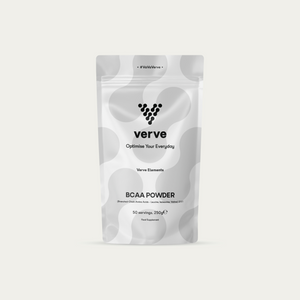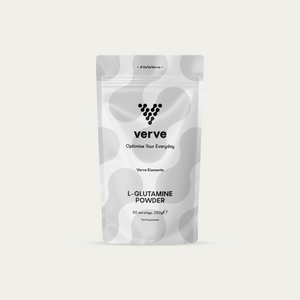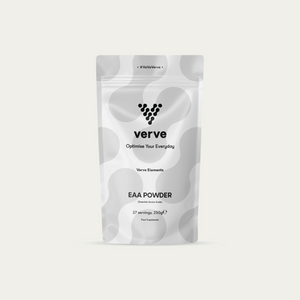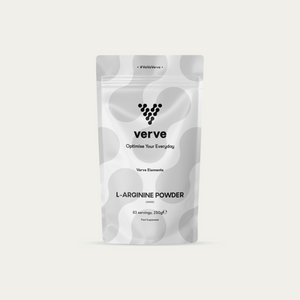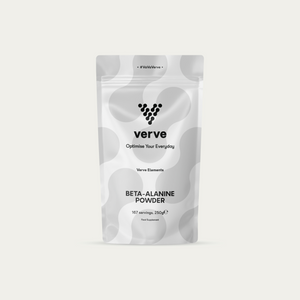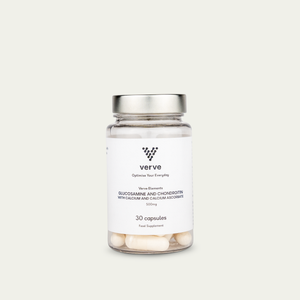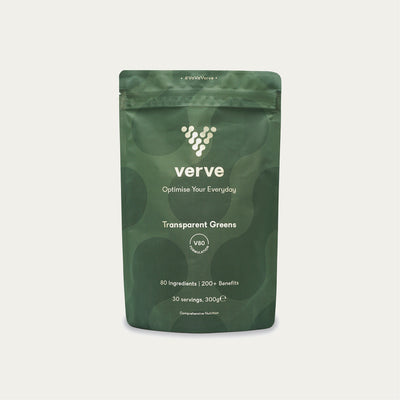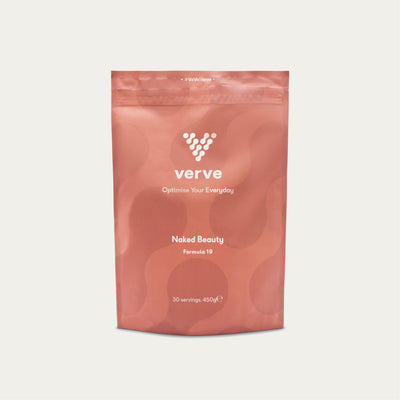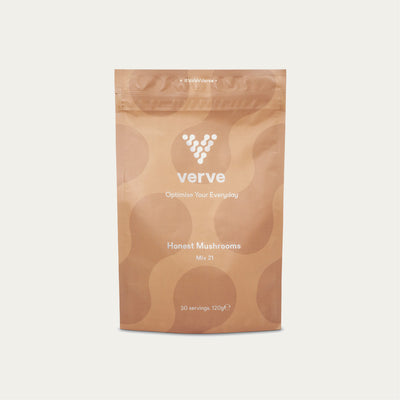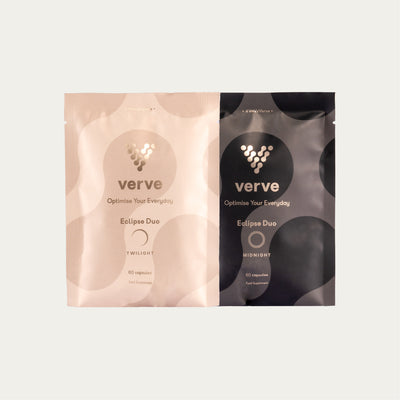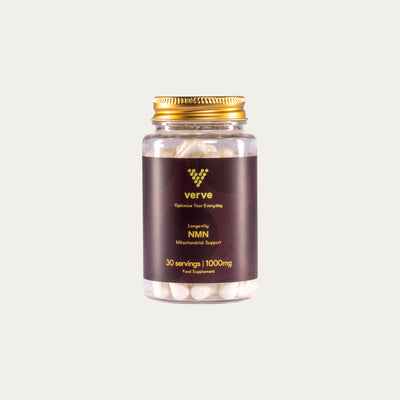Why Do We Measure Vitamins in Micrograms?
Many essential nutrients, such as Vitamin D, Vitamin B12, and certain trace minerals, are incredibly potent, meaning that a tiny amount can have a significant effect on the body.
That's why these nutrients' NRVs are often listed in micrograms. Staying within these reference values is important because an imbalance can lead to various health issues.
Exploring Different Units of Measurement
In the world of nutrition, you'll encounter several units of measurement. Here's a quick guide to understanding these different terms:
- Micrograms (ug): Used for measuring very small quantities of vitamins and minerals. Essential for potent nutrients where a little goes a long way.
- Milligrams (mg): One milligram is one thousandth of a gram. This unit is commonly used for less potent nutrients that are still required in small doses, such as Vitamin C.
- Grams (g): A gram is a base unit of measurement. Some macronutrients, like proteins and carbohydrates, are measured in grams because the body needs them in larger amounts. Often, these macronutrients can also contain micronutrients, which is why getting 20g of carbs from fruit and vegetables is not equal to getting 20g carbs of ice cream.
Different substances do indeed require different amounts to have an effect.
For instance, you might need a few hundred milligrams (mg) of Vitamin C for optimal health, while just 10 micrograms (ug) of Vitamin D could suffice. This is simply because they have different effects on the body.
UG in Vitamins: Frequently Asked Questions
Is ug the same as mg?
No, "ug" and "mg" are different units of measurement. "ug" stands for micrograms, and it's significantly smaller than a milligram (mg). In the metric system, 1 milligram equals 1000 micrograms. So, when you see "ug" on a supplement label, it's indicating a quantity that's a thousand times less than if "mg" were used.
What is IU in Vitamins?
IU, or International Units, is a measurement type used to quantify the potency of a substance based on its biological activity or effect. It's a unit you'll often see used for vitamins such as A, D, and E, where the effect of the vitamin, rather than its weight, is more indicative of its health benefits.
What vitamins should I take daily?
While individual needs can vary, generally, a daily intake of key vitamins is beneficial. These include Vitamin D for maintaining healthy bones and immune function, Vitamin C for antioxidant protection and immune support, and B Vitamins for energy metabolism and brain health.
Here’s a list of essential vitamins that you should be getting from your diet or supplements:
- Vitamin A
- B Vitamins (B1-12)
- Vitamin C
- Vitamin D
- Vitamin E
- Vitamin K
